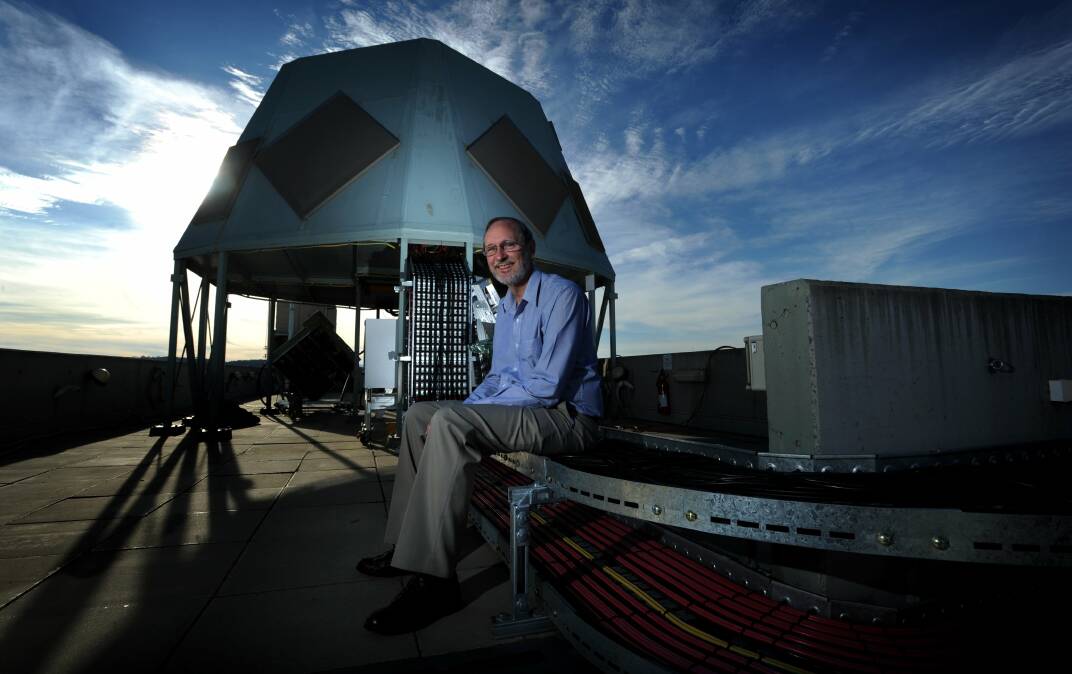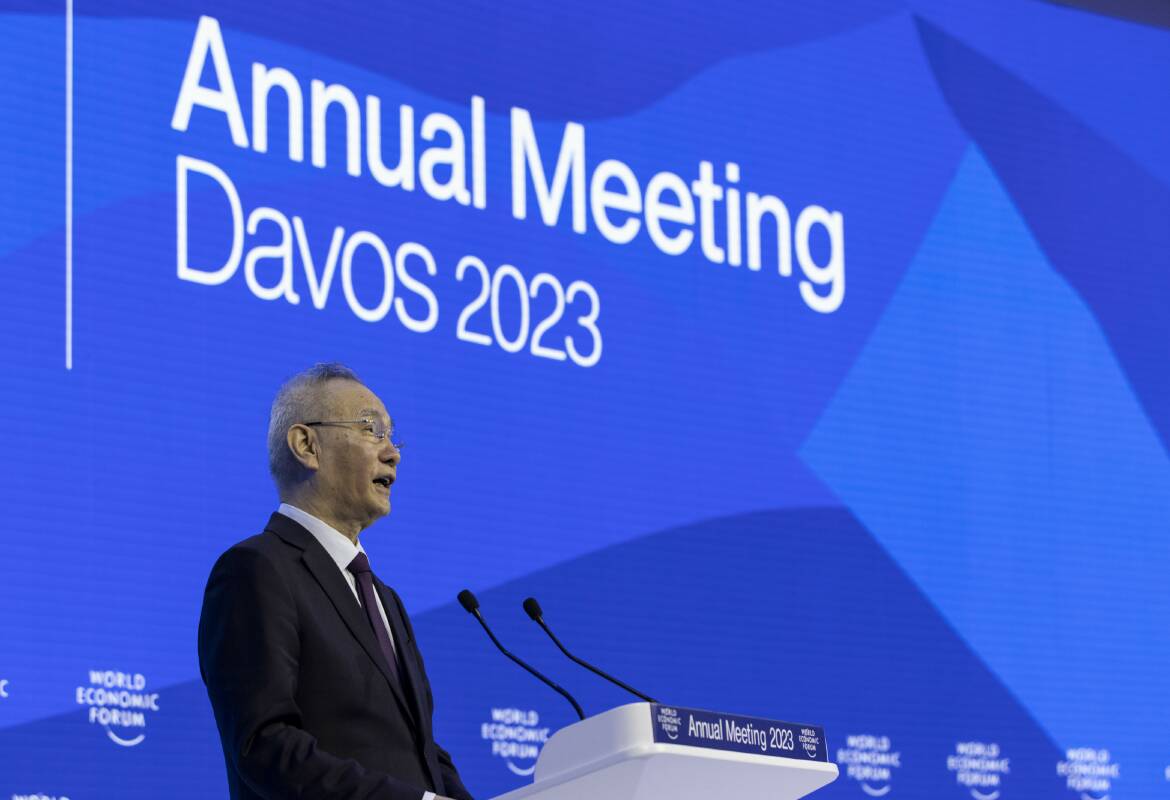
THE annual World Economic Forum gatherings at Davos have attracted growing interest in recent years as part of the broader global debate about the role of billionaire business leaders and other unelected "elites".
But one of the big stories out of Davos this year has been a dialing down of China's "wolf warrior" tactics towards the west, and a likely resumption of Australian exports of coal and other products shelved since 2020.
Although the Albanese government sounds more conciliatory line towards China than was the case when the Coalition was in power, Labor is doing nothing that would make the United States think it is anything other than the closest of allies.
Hence the decision to stand firm on the AUKUS nuclear submarine deal signed under Scott Morrison, and to commission former defence force chief Angus Houston and former defence minister Stephen Smith to review our national defence in light of geopolitical developments in the Indo-Pacific.
Although the Houston-Smith review has not been tabled, the government is already signalling its support for more defence spending.
In recent weeks, the federal government has made a series of defence acquisition announcements, some of which were begun under the Coalition.
Last month Defence announced it was buying 20 new missile systems by 2026 from Lockheed Martin.
Earlier this month, it confirmed a $1 billion contract to buy a classified number of new anti-ship missiles from Norway, with delivery starting next year.
The missiles may use a targeting system developed by ACT defence contractor CEA Technologies.
The government is also looking at so-called "smart" mines that can be programmed to tell friend from foe and to differentiate between military and civilian vessels.
By standing strong, Australia and its allies may have incurred China's temporary ire, but the international refusal to buckle has also led China to change its tactics, as indicated by Vice Premier Liu He telling the Davos gathering last week that his country welcomed foreign investment, "strengthening international co-operation" and "world peace".
The relationship is by no means settled, and tensions remain, but the face that China is presenting to the world in 2023 is far less confrontational than it was.
Outbreaks of peace are always welcome.
ISSUE: 39,811








